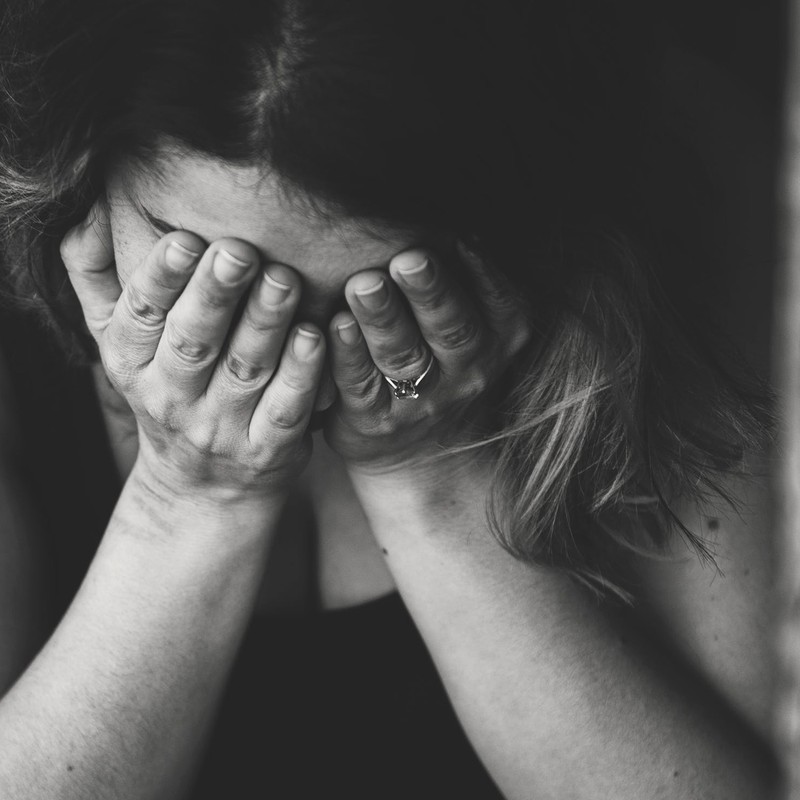The World Cup can be a moment of sporting camaraderie, but as domestic violence charities know all too well, it can turn into something far more sinister. New research has revealed that every time England plays in a World Cup match, there’s a huge surge in domestic violence call-outs, and police are already preparing…
According to the new study, incidents of domestic violence increased when England both lost and won a match during previous tournaments. The research, conducted by Lancaster University, found during the last World Cup in 2014, domestic violence calls rose by 38% when England lost a game. But there was still a big increase when the team won or drew, too – a 26% rise compared to the days where there was no England match on.
And it didn’t stop there – even the day after an England game, incidents were 11% higher, no matter what the outcome of the match, and reports were at their highest at the weekend or when the team left the tournament. Researchers also found reports of domestic violence are increasing with every World Cup – in 2002 there was an average of 62 incidents reported, increasing to 99 in the 2010 tournament.
As such, this year police are responding to the research by increasing their support for victims. In Hampshire in particular, police are planning to deploy five more response cars dedicated to domestic abuse reports during match days. Chief Inspector Mike Haines told Sky News: ‘We know the tournament leads to an increase in both alcohol-related violence and domestic abuse. These additional officers will spend more time with victims of abuse and help them with safeguarding.”
The National Centre for Domestic Violence, National Police Chiefs’ Council and the BBC have all previously looked into the subject, but this is the biggest insight into the topic so far, which analysed domestic violence figures in Lancashire from the 2002, 2006, 2010 and 2014 world cups. Head Researcher, professor Stuart Kirby, said he decided to carry out the study after reading about an increase in partner violence after game losses in American football: “There was a lot of anecdotal evidence that domestic abuse rose around high profile football games, however no study was done to see if this was accurate,” he told the Independent.
Specialist Crime Superintendent Anne-Marie Salwey added: "The World Cup, as with other major sporting events, is often associated with an increase in incidents of domestic abuse because of factors such as increased alcohol consumption and an increase in tension.”
But this isn’t the first time we have seen these kinds of figures or that there has been an attempt to cut down on domestic violence during World Cup season. In 2014, the National Centre for Domestic Violence launched a campaign that attempted to curb domestic abuse after figures indicated a rise in reported incidents of abuse from 2010.
Women’s Aid Chief Executive Katie Ghose was keen to make clear that the sport itself cannot be blamed for the surge in reported incidents of violence, but rather the culture that surrounds it. “Categorically, football does not cause domestic abuse, the behaviour and actions of abusers who exert power and control over their victims cause domestic abuse,” she told the Local Government Association. “However, domestic abuse does not happen in a cultural vacuum. The sexist attitudes, chants and behaviour at football matches encourage an environment in which women are belittled and demeaned.”
As a result, police forces across the UK have teamed up with national campaign ‘Give Domestic Abuse the Red Car’ to raise awareness of their intolerance to domestic violence. A spokesperson for Cleveland Police wrote on its official Twitter page : “Officers are issuing a robust warning that domestic abuse will not be tolerated before, during or after the #WorldCup”.
Furthermore, Women’s Aid has been working with clubs and broadcasters as part of their ‘Football United Against Domestic Violence’ campaign, which calls upon members of the football community to reduce sexism in the sport by signing their club pledge. “Since 2014, our Football United Against Domestic Violence campaign has worked with football clubs, the FA, the Premier League and BT Sport, to stand together against domestic abuse and call out the sexist attitudes and behaviour that some fans still exhibit,” Ghose said.
Simon Blackburn, Chair of the Local Government Association’s Safer and Stronger Communities Board, added that there’s no time like the present to sort the issue, as a portion of football fans will inevitably be young, impressionable children: “It is particularly important we tackle domestic abuse head on, because so many children and young people will be looking to footballers as role models, especially during the World Cup.”
But it was perhaps Salway that summed it up best when she said: "For those who refuse to address their behaviour our message is clear; we will not tolerate domestic abuse and will take action against anyone who uses physical or mental abuse to control, coerce or harm a member of their family.
“Football can never be the reason for domestic abuse and will be shown the red card.”
DISCLAIMER: We endeavour to always credit the correct original source of every image we use. If you think a credit may be incorrect, please contact us at info@sheerluxe.com.


